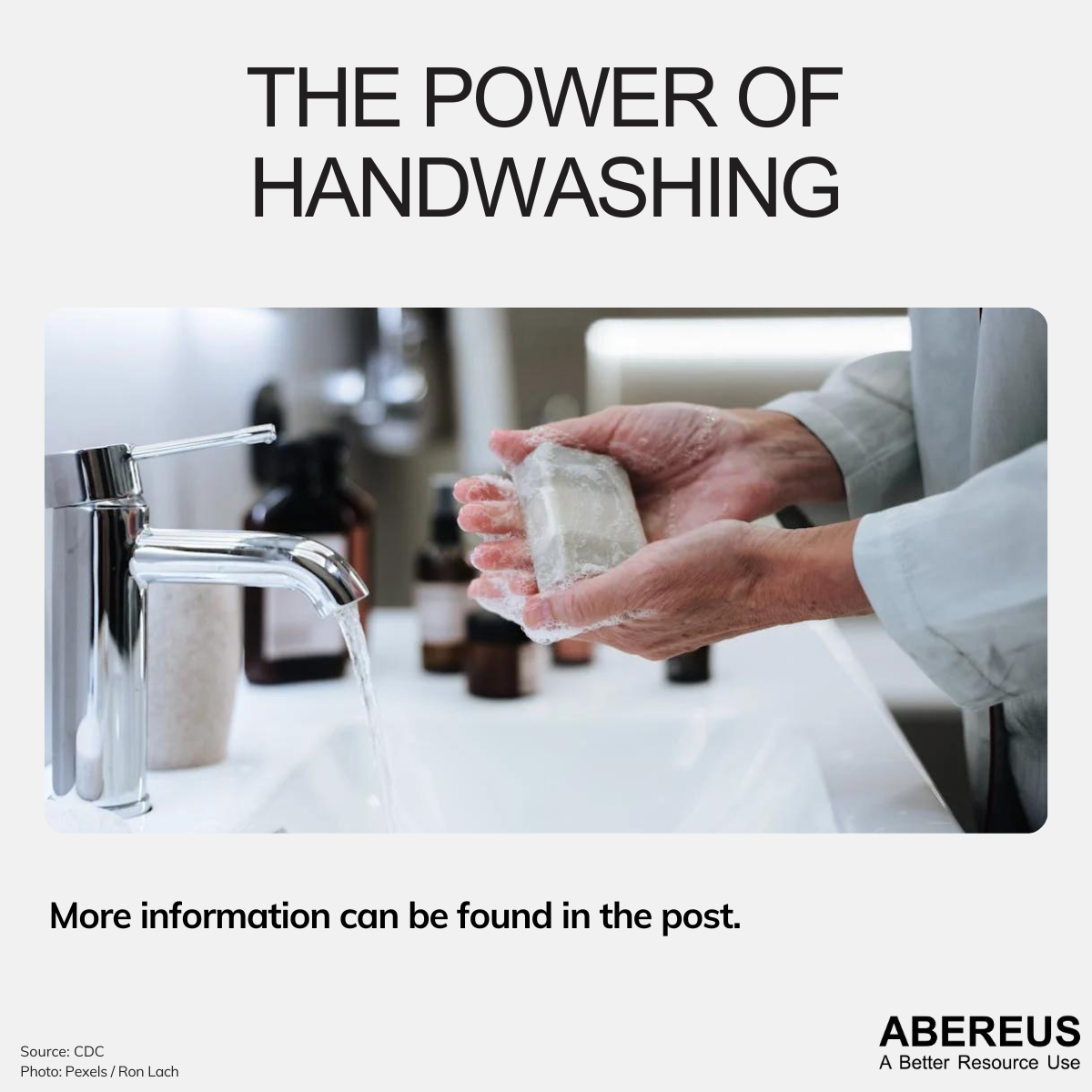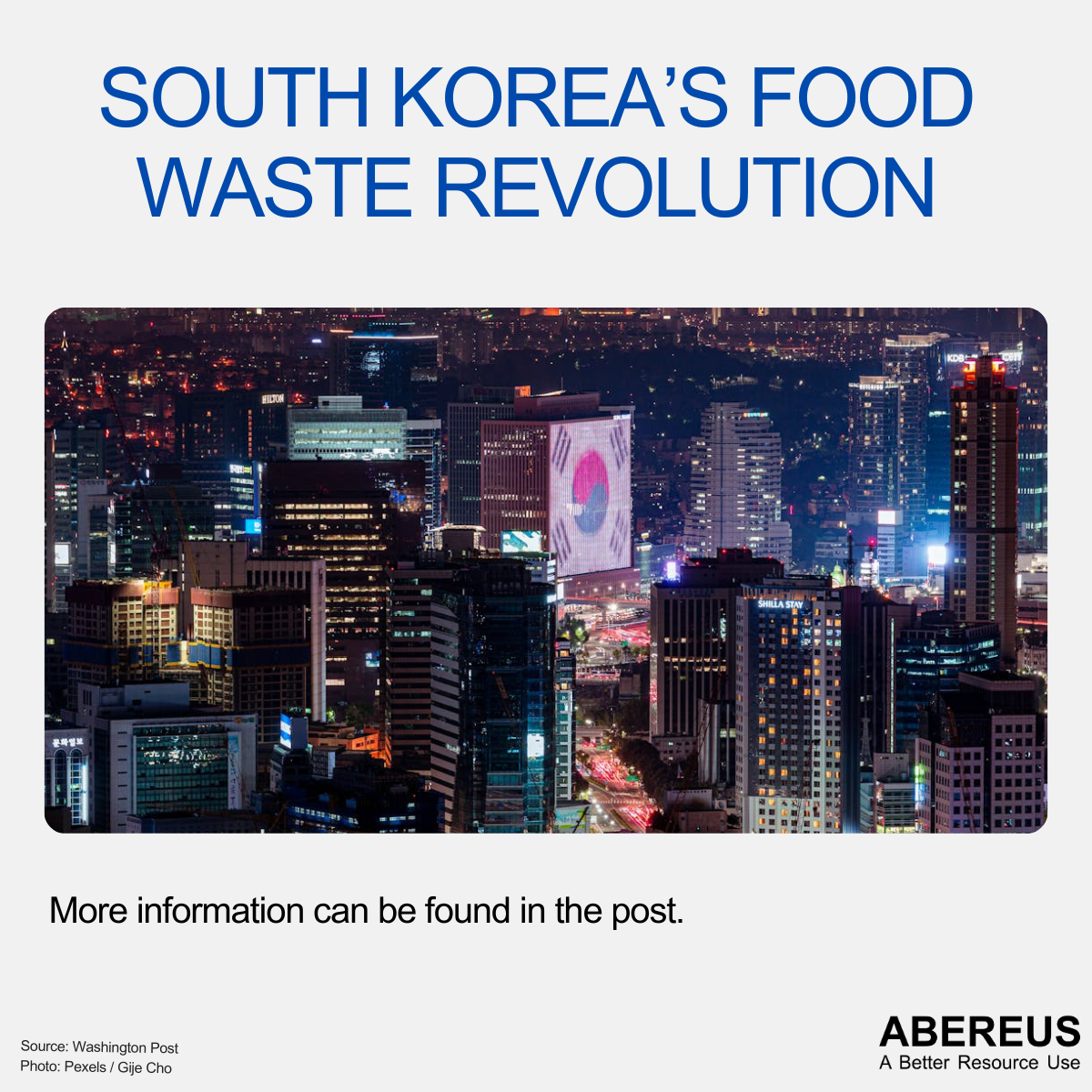Biochar as a solution

Date
Do you remember the drug residues we talked about last week? Today we’ll talk about possible solutions or ideas on how to get antibiotics out of the water.
The presence of antibiotics in wastewater can have negative impacts on aquatic life and human health. A recent study found that biochar can remove more than 97% of three antibiotics from municipal wastewater through adsorption. Biochar is a charcoal-like substance created by heating organic materials at high temperatures in the absence of oxygen.
Here are some interesting facts about biochar and its potential to remove antibiotics from wastewater:
- Biochar is a sustainable solution for removing contaminants from water and wastewater.
- It can be made from local agricultural byproducts, which can help reduce waste and promote sustainability.
- Biochar can effectively remove sulfonamide antibiotics, such as sulfamethoxazole and sulfapyridine, from water and wastewater.
The use of modern waterless toilets can also help reduce the amount of antibiotics entering the water cycle. By eliminating the need for excrements to be dumped into water, modern waterless toilets can help reduce the overall impact of antibiotics in wastewater.
Besides, human excrements can be turned into biochar, so from adding to the problem we can turn it to contributing to the solution.
If you’d like to learn more about turning bugs into features, get connected and join us for a better resource use.
Source: https://phys.org/news/2023-02-biochar-antibiotics-wastewater.html



